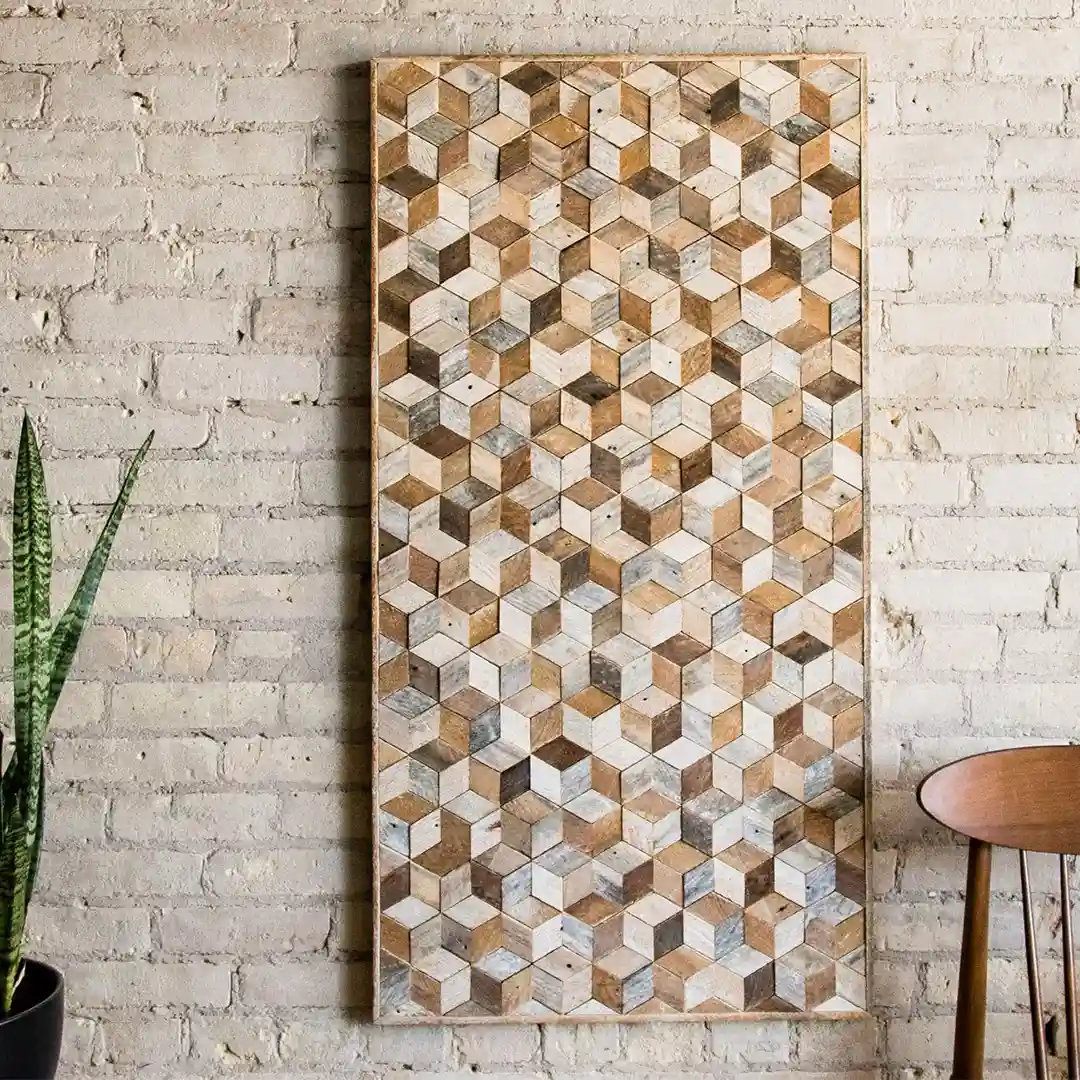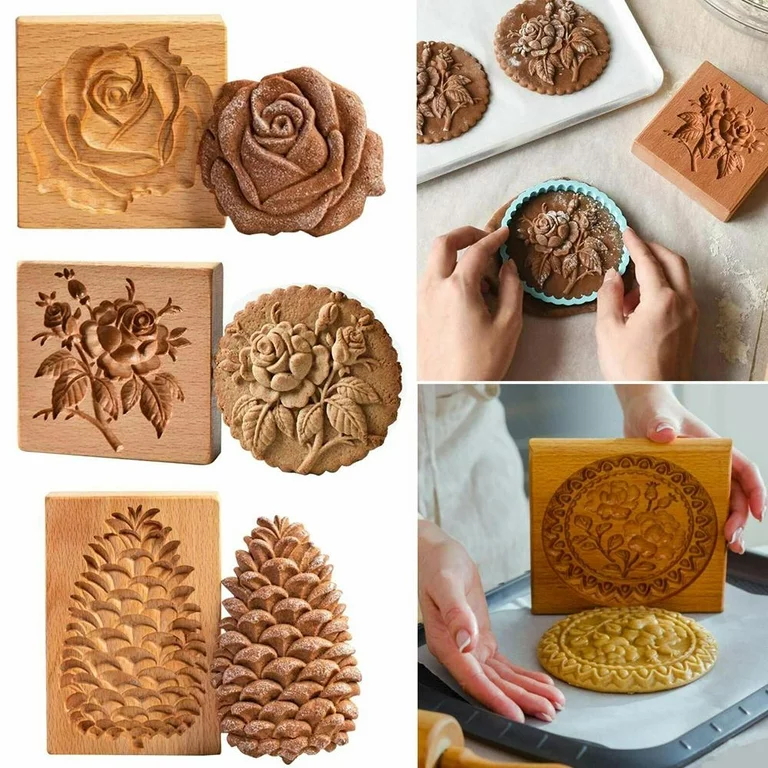CREATIVITY & DARINGS
Patterns and Molds
Wooden patterns and molds are essential tools used in various manufacturing processes to produce a wide range of products. Here's a brief description of wooden patterns and molds, along with examples of items that we manufacture using them:
Wooden Patterns
Wooden patterns are templates or models used to create molds or castings of desired shapes and dimensions. They are meticulously crafted to replicate the intricate details and specifications of the final product. Patterns are commonly used in metal casting processes, such as sand casting and investment casting, to create molds for casting metal parts and components.



Molds
Wooden molds are hollow forms or cavities used to shape and contain materials during the manufacturing process. They can be made from solid wood or assembled from multiple wooden components. Molds are used in various industries, including ceramics, plastics, composites, and concrete, to produce a wide range of products with consistent shapes and dimensions.
• Metal Components: Engine parts, machine components, gears, and valves are commonly manufactured using wooden patterns and molds in metal casting processes.
• Ceramic Products: Tiles, pottery, bricks, and sanitaryware can be produced using wooden molds in ceramic manufacturing processes.
• Plastic Products: Plastic containers, toys, automotive parts, and consumer goods are molded using wooden molds in plastic injection molding and blow molding processes.
• Composite Materials: Fiberglass panels, carbon fiber components, and composite structures are manufactured using wooden molds in composite molding processes.
• Concrete Products: Concrete blocks, paving stones, precast concrete panels, and decorative elements can be cast using wooden molds in concrete casting processes.
Overall, wooden patterns and molds are versatile tools that enable manufacturers to produce a wide variety of products with precision, consistency, and efficiency. Their use extends across multiple industries, making them indispensable in modern manufacturing processes.

